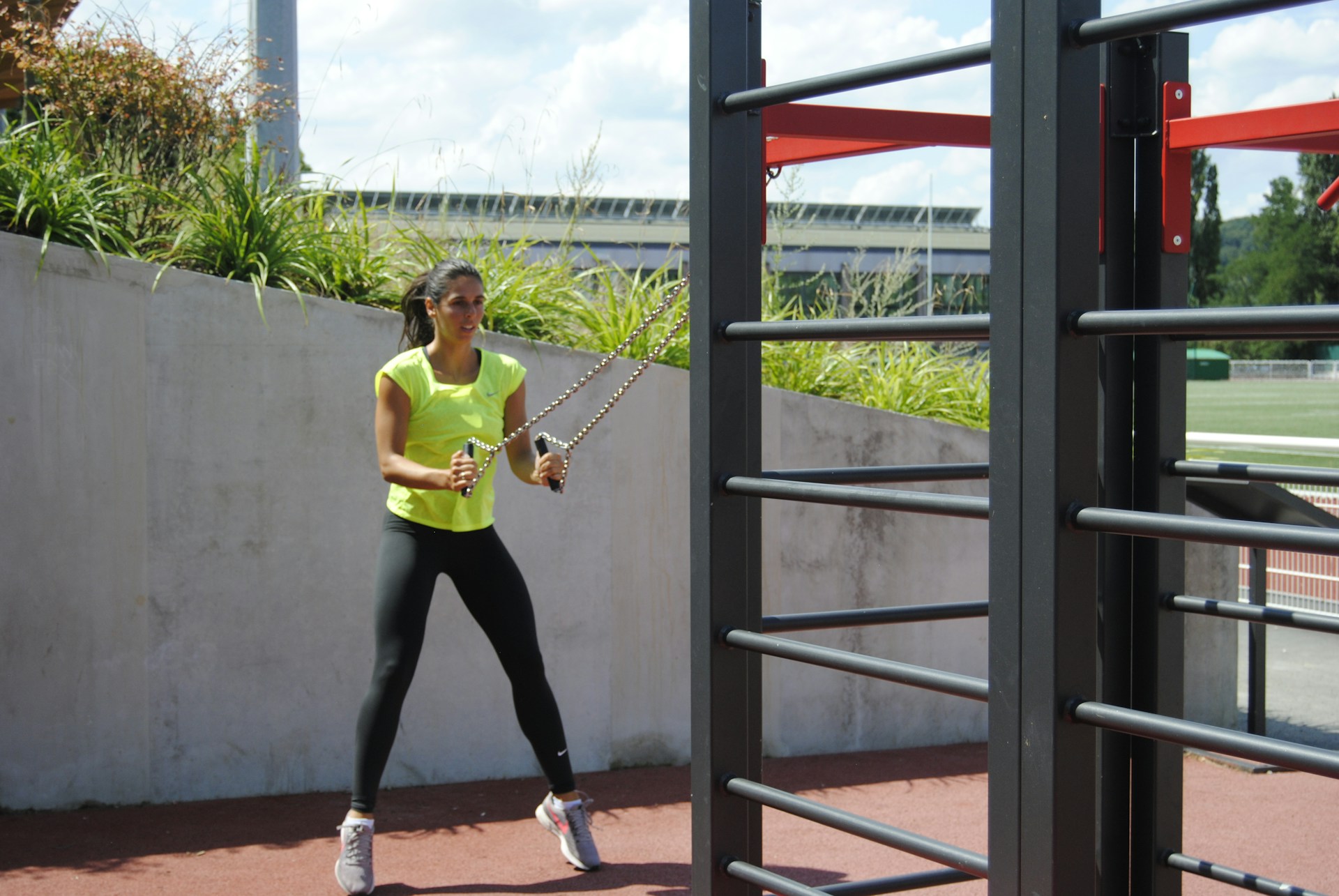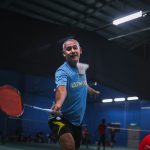In the world of sports, athletes are seen as gladiators and warriors in their respective arenas, and coaches are regarded as the masterminds behind the scenes. But the role of a coach goes far beyond devising game strategies. Coaches are instrumental in the development, education, and leadership of their athletes. They are the key figures who mould fresh talents into seasoned professionals. Recognizing this, many sports clubs in the UK are now looking to leverage the expertise of their coaches to design effective mentorship programs for their emerging athletes. In this article, we delve into how these sports clubs can create such a programme that would expedite the development of their athletes.
Understanding the significance of a mentorship programme
Before designing a mentorship programme for emerging athletes, it is crucial to understand the role it plays in their development. A study by Crossref reveals that the most successful athletes attribute their growth and achievements to the guidance of their mentors who were often their coaches.
A découvrir également : How can UK alpine skiers use altitude training to enhance their performance?
A mentorship programme is more than just a formal instruction session. It’s about building a strong, supportive community where athletes can learn, grow, and be motivated. Coaches, given their skills and experience, serve as the ideal mentors, offering invaluable insights and guidance to the athletes. They provide not just technical guidance but also emotional support, helping athletes navigate the challenges that come with pursuing a sport professionally.
Key components of an effective mentorship programme
Designing an effective mentorship programme isn’t a one-size-fits-all approach. It requires careful analysis and understanding of the needs of the athletes. Here are a few key components that can help in designing a successful programme:
Lire également : How can UK alpine skiers use altitude training to enhance their performance?
- Individualised Learning Plan: Each athlete has a unique set of skills and learning pace. It is essential to identify these individual capabilities and create personalised plans. This ensures that every athlete has the opportunity to reach their full potential.
- Regular Feedback and Assessment: Regular assessment of the athlete’s performance helps in tracking their progress. Constructive feedback should be a part of these assessments, guiding athletes on areas of improvement.
- Psychological Support: Athletes often face immense pressure and maintaining mental health is as crucial as physical health. Coaches, as mentors, should provide psychological support to help athletes cope with stress and anxiety.
- Leadership Development: A mentorship programme should also focus on developing leadership skills in athletes. This can be done through leadership training sessions and team-building activities.
Leveraging technology in mentorship programmes
In the age of technology, it’s hard to ignore the role it can play in enhancing mentorship programmes. Platforms like Google offer myriad tools that can be leveraged for this purpose. Google Docs can be used for creating personalised learning plans, Google Calendar for scheduling sessions, and Google Meet for conducting virtual meetings and feedback sessions.
Technology also offers the potential for remote mentorship. Coaches can provide guidance and support to athletes even when they are not physically present. This can be particularly useful during off-seasons or when athletes are away for tournaments.
Inviting expert guest coaches
One way to add value to a mentorship programme is by inviting expert guest coaches. These can be renowned athletes or experienced coaches from similar sports fields. They can share their experiences, insights, and valuable lessons with the emerging athletes. This can provide a fresh perspective and can be highly motivating for the athletes.
Reinforcing the importance of education
While the primary focus of a mentorship programme is to improve sports skills, it should also emphasize the importance of education. Coaches should encourage athletes to continue their studies alongside their sports career. This will not only provide them with a balanced life but also prepare them for a life after sports.
Finally, even as sports clubs in the UK work towards designing effective mentorship programmes for their athletes, it’s crucial to remember that these programmes should be flexible. They should be regularly reviewed and updated based on the athletes’ progress and the changing dynamics of the sport. This will ensure that the mentorship programme remains relevant, effective, and beneficial for the athletes.
Utilising Coach Education and Professional Development
Recognising the pivotal role of coaches as key mentors, it is crucial that they receive appropriate education and professional development themselves. Coach education encompasses the acquisition of the necessary knowledge, skills, and attitudes for effectively mentoring athletes. This might include sport-specific training, understanding of psychological principles, and leadership development.
On the other hand, professional development goes beyond formal education and training. According to Google Scholar, it’s a lifelong learning process that involves experiences, challenges, and reflections. It can be fostered through self-learning, peer interaction, attending conferences, or even online courses.
A key aspect of professional development is coach-athlete relationships. Coaches should learn how to build strong and positive connections with their athletes. This relationship greatly influences athletes’ satisfaction, motivation, and performance. In addition, coaches should be capable of handling the diverse needs of all athletes, including women athletes, young people, and those from different cultural backgrounds. Developing these skills will make coaches more effective mentors.
The Athlete Project: A Comprehensive Approach
The mentorship programme should not be seen as a separate entity but rather as an integral part of the athlete project. In simple terms, the athlete project is the holistic development of an athlete, incorporating technical skills, physical fitness, mental health, leadership development, and education.
An effective mentorship programme plays a significant role in the athlete project. Coaches, as mentors, guide athletes through their journey, helping them to overcome obstacles, improve performance, and reach their potential. They provide technical guidance, psychological support, and coaching practice to help the athletes grow.
Coaches also play a crucial role in leadership development. They can influence the athletes to become true athletes, who not only excel in their sport but also demonstrate leadership skills and strong character. Through the mentorship programme, coaches can instil values such as teamwork, respect, and discipline in the athletes.
Additionally, coaches can also facilitate the athlete’s education. They can encourage athletes to balance sports with academics, preparing them for life after sports. This comprehensive approach ensures the all-round development of the athlete, equipping them with the necessary skills for success both on and off the field.
Conclusion
With the increasing recognition of the role of mentorship in athlete development, sports clubs in the UK are working towards designing effective mentorship programmes. Coaches, with their experience and knowledge, are the ideal mentors for these athletes. However, it is essential for these coaches to undergo proper education and professional development to become effective mentors.
Moreover, the mentorship programme should be seen as a part of the holistic athlete project, focusing not just on the sport skills but also on psychological support, leadership development, and education. With the right approach, sports clubs can nurture their emerging athletes into true athletes, who are successful, resilient, and responsible.
To maintain the effectiveness and relevance of the mentorship programme, it’s essential to keep it flexible and open for review and updates. With the changing dynamics of the sports world, the needs of the athletes also evolve. Therefore, the mentorship programme should also adapt and evolve according to the needs of the athletes. In doing so, sports clubs in the UK can ensure the development of well-rounded athletes who are ready to conquer their respective sports arenas.






